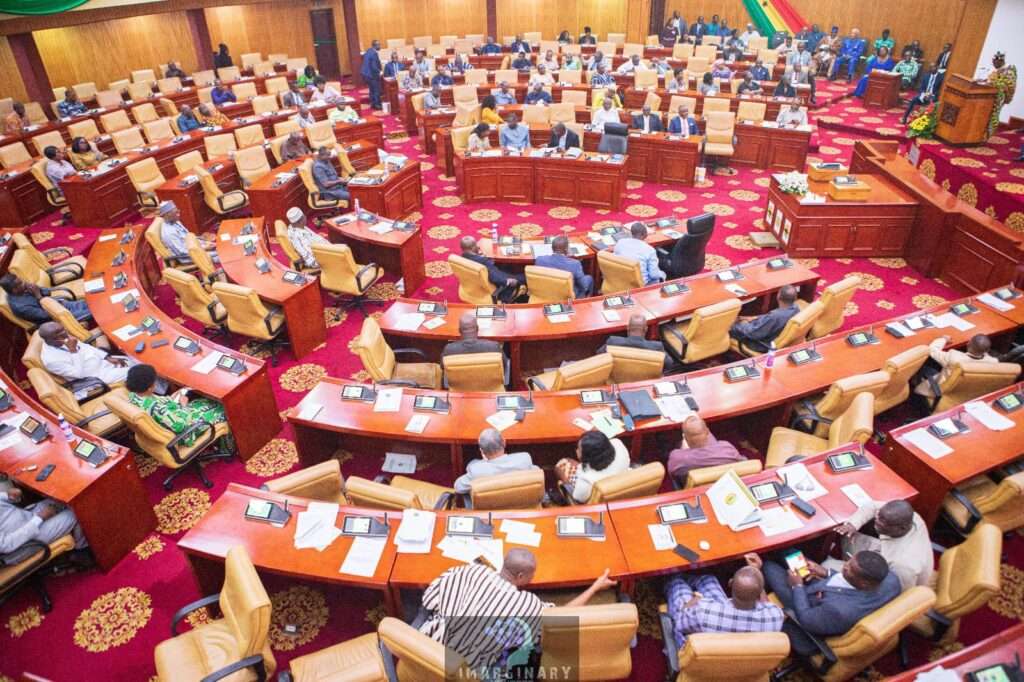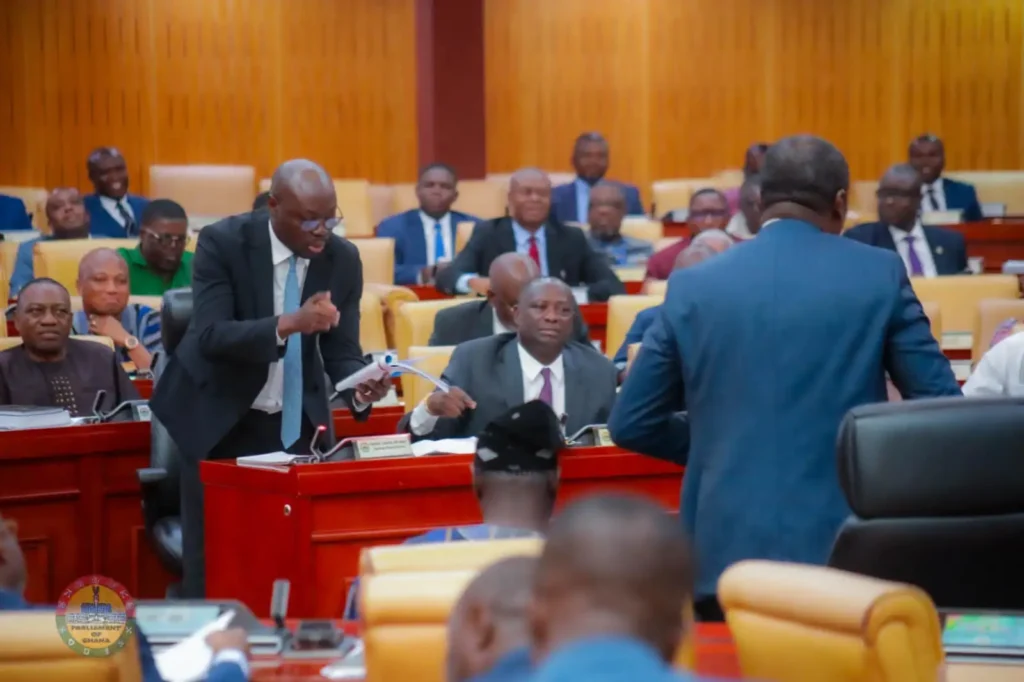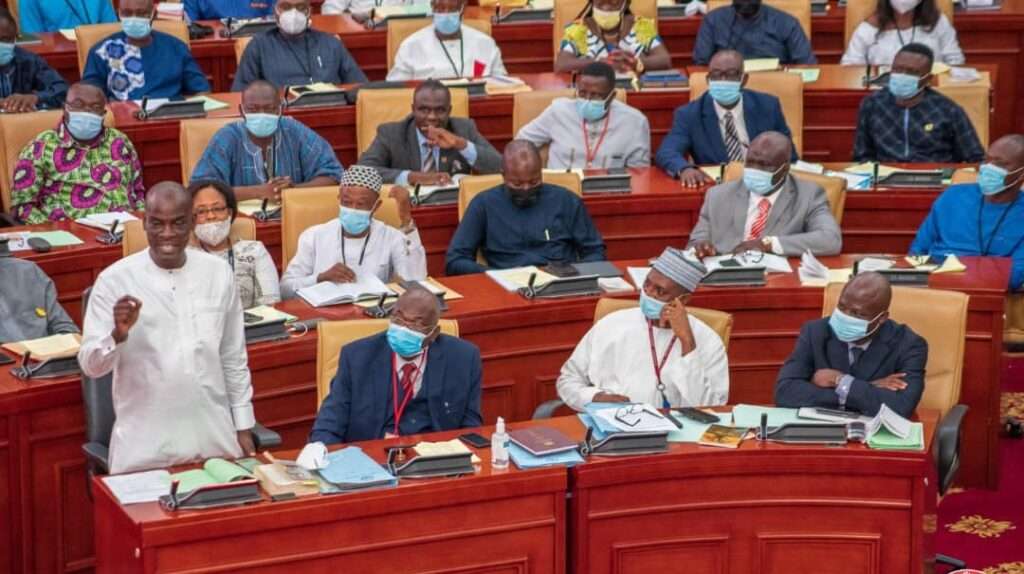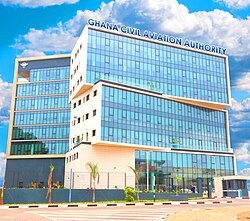Prof. Samuel Adu-Gyamfi, a political analyst, has argued that John Mahama’s presidential victory, combined with the NDC’s overwhelming parliamentary majority, does not present an ideal governance arrangement.
Prof. Au-Gyamfi emphasized that Parliament should function as a check on the Executive arm of government.
However, a dominant majority, according to him, often results in majoritarian rule, allowing the majority to push through its agenda, even when it may not serve the public interest.
“In such cases, decisions that may not necessarily serve the interest of the people still pass through the system, ultimately advancing objectives that may work against the state.
“One would hope that when a government is formed, it acts in the best interest of the people. Unfortunately, some government interests are narrow and self-serving, which do not contribute to nation-building”.
Prof. Samuel Adu-Gyamfi
In an interview with the Vaultz News, Prof. Adu-Gyamfi further highlighted that the principle of separation of powers in Ghana is often undermined.
He explained that the Constitution grants significant authority to the President, who not only heads the executive but also appoints ministers from Parliament.

This arrangement creates a conflict of interest, as legislators who owe their appointments to the President are unlikely to serve as impartial checks on his authority.
He likened it to a form of institutionalized bribery, where appointments are used to secure loyalty, thereby weakening Parliament’s oversight role. “This constitutional arrangement limits the effectiveness of checks and balances, and it remains a significant challenge”.
Accordingly, the political analyst advised that President-elect John Mahama must recognize that his leadership was challenged in 2016 due to underperformance hence, this new mandate presents an opportunity for redemption.
Adu-Gyamfi maintained that with a majority in Parliament, John Mahama should prioritize enacting impactful policies that strengthen his leadership legacy and leave a lasting mark on the nation’s development.
NPP’s Future Role in Parliament and Governance
Furthermore, Prof. Samuel Adu-Gyamfi emphasized that although the smaller number of NPP MPs in Parliament may lack the votes to block decisions, they must remain vocal in advocating for the people’s interests.
According to him, their role is to challenge policies, present alternative ideas, and highlight critical national issues.
Prof. Adu-Gyamfi asserted that the NPP MPs may not always prevail, it is essential that their voices are heard.

“As Ghanaians, we must watch closely to see how this Parliament performs. Will it be another rubber-stamp Parliament, or will it rise to be a truly independent legislative body?
“Ghana’s Parliament has often been criticized as a rubber stamp for the executive, except for a brief period when we had a more balanced and critical legislature”.
Prof. Samuel Adu-Gyamfi
He further remarked that if the NPP government had performed better and Dr. Mahamudu Bawumia’s campaign had resonated with the electorate, Ghana might have had a more balanced Parliament. However, that was not the case, resulting in an absolute NDC majority.
According to Adu-Gyamfi, the key question now is whether Parliament will function as a mere rubber stamp or serve as a platform for meaningful national discourse. “Will it prioritize Ghana’s development, or will it simply serve the interests of the ruling party?”
Prof. Samuel Adu-Gyamfi also emphasized that the President-elect must exercise caution in making appointments across the executive sphere — not just ministerial roles but all key positions of influence.
He stressed that appointments should be based on merit and the national interest, rather than serving as rewards for loyalists. A merit-based approach, he argued, would foster good governance and promote a better Ghana.
He further noted that while there is minimal risk to democracy if citizens remain vigilant, prolonged dissatisfaction with governance could weaken public trust in the democratic process.
According to him, if people feel let down by leadership, they will likely voice their discontent in future elections.
He warned, however, that if poor governance persists due to overwhelming parliamentary majority, it may eventually erode confidence in the system. “This could lead to calls for a ‘third force’ or alternative political movement”.
NPP Opposition Urged to Challenge, Hold Majority Accountable
Moreover, Prof. Samuel Adu-Gyamfi emphasized that, despite their smaller numbers, the incoming NPP parliamentary opposition must actively challenge, question, and highlight issues within the House to promote transparency and keep the public informed.
He stressed that opposition MPs have a duty to hold the majority accountable and challenge the status quo.
According to him, they must be prepared to work diligently and, where necessary, build consensus with the majority to promote Ghana’s development.

Prof. Adu-Gyamfi also urged citizens to maintain hope for better governance in the next Parliament, despite the NDC’s overwhelming majority, rather than adopting a pessimistic outlook.
“The media also has a critical role to play. They must not see themselves as a substitute for the opposition. Their job is to provide independent, unbiased scrutiny of governance and hold both the government and Parliament accountable.
“If the media performs its role effectively, Ghana will be better for it. They must act with professionalism and integrity, reporting facts, exposing wrongdoing, and offering a platform for diverse voices. The media’s role is not to complement the opposition but to be a watchdog for the people”.
Prof. Samuel Adu-Gyamfi
He stated that civil society organizations (CSOs) play a crucial role in national development.
He indicated that historically, CSOs have stepped in to fill gaps where the government falls short.
Accordingly, the political analyst maintained that CSOs must continue to monitor governance and advocate for transparency, accountability, and necessary reforms. “Their role is crucial in ensuring that public officials are held to account”.
Prof. Adu-Gyamfi emphasized that the NDC, with its deep political roots and a manifesto reflecting the people’s needs, must now turn promises into action.
According to him, the party should collaborate with experts and intellectuals to build a better Ghana to reflect the interests of Ghanaians in its governance. “We must abandon the belief that some “magic wand” will deliver development overnight”.
Prof. Adu-Gyamfi stated that real progress demands dedication, hard work, and consistency. According to him, if the NDC government delivers, the people will reward them with another term; if not, they will vote them out. “It’s as simple as that”.
He emphasized that this is a crucial time for Ghana, and all stakeholders must contribute to building a better nation.
“Let’s hope for a future where leaders serve in the interest of Ghana, and where Parliament, rather than being a rubber stamp, serves as a platform for accountability and the pursuit of national development”.
Prof. Samuel Adu-Gyamfi
READ ALSO: GSE Trading Kicks Off the Week with Sharp Declines







